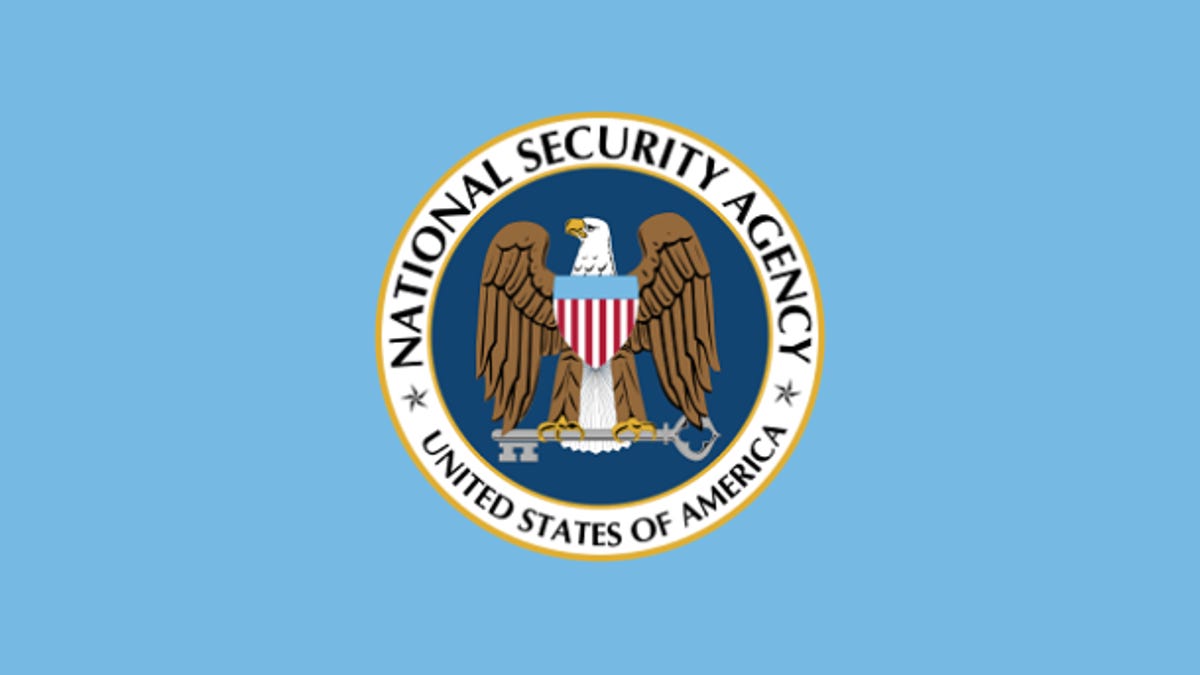LinkedIn files motion for greater transparency on spy requests
The social network joins Google, Facebook, Yahoo, and others in effort to reassure customers by winning right to publish specific numbers on government requests for user data.

The NSA wants to join your network on LinkedIn!
Nope, sorry: As advantageous as that might be (think of the huge network you'd suddenly be a part of), the news here is actually that LinkedIn is -- like Google, Yahoo, and Facebook before it -- pushing to gain the right to publish detailed info on the number of national security-related requests for user data it receives from the US government.
In a letter to LinkedIn members, Erika Rottenberg, general counsel at the company, said that despite "outreach and efforts to work cooperatively" with the government to develop a way to offer more transparency, the company is prohibited from providing specific numbers on requests made under the Foreign Intelligence Surveillance Act. Because of that, it's seeking help from the FISA court.
"Today we are filing a petition in the U.S. Foreign Intelligence Surveillance Court seeking the ability to publish the specific number of national security-related requests we receive (if any) under each of the various provisions of FISA," she writes. "In addition, we are asking that the Court hold its hearing on our petition in public, rather than in secret as is its normal practice. Our petition echoes requests made to Congress and the President by industry members and public interest organizations earlier this year. "
Rottenberg is referring to a letter (PDF) sent in July to President Barack Obama, Director of National Intelligence James Clapper, Senate Majority Leader Harry Reid, and others that urges greater transparency. Signatories included tech firms such as Apple, Dropbox, LinkedIn, Microsoft, and Twitter, along with nonprofit and trade groups like the American Civil Liberties Union, the Center for Democracy and Technology, and the American Library Association, among many others.
Rottenberg emphasizes LinkedIn's commitment to privacy rights as well as to national security: "As a matter of principle, we think it is critical that the U.S. government -- while preserving the tools it needs to protect the public -- promote and enact laws that protect privacy and take into account changes in technology and user patterns."
The company, like Google and others, is also looking to reassure its users that the US National Security Agency doesn't have unfettered access to user data.
In its initial report on the NSA's Prism surveillance setup, based on documents leaked by former security contractor Edward Snowden, The Washington Post stirred up alarm on the part of Internet users by writing that "The National Security Agency and the FBI are tapping directly into the central servers of nine leading U.S. Internet companies, extracting audio and video chats, photographs, e-mails, documents, and connection logs..."
That led to denials on the part of Google, Facebook, Apple, and others that such direct access to servers existed or that the companies were even aware of Prism. It also prompted the companies' agitation for greater transparency on surveillance-related requests for data -- at present they're allowed to publish info on such requests only in aggregate; they can't break down how many requests came from the NSA specifically, for instance.
Rottenberg also published a letter to the FBI and announced the release of LinkedIn's Transparency Report for the first half of 2013.

